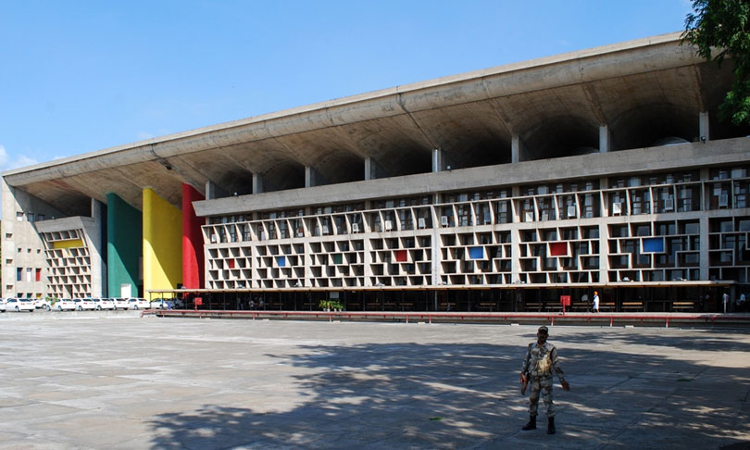Widow Convicted In A Murder Case Eligible For Family Pension Since The Case Doesn't Relate To Husband's Death: Punjab & Haryana High Court
Sparsh Upadhyay
1 Feb 2021 2:34 PM IST

The order denying pension to the petitioner on account of her conviction, is unrelated to the death of her husband and is not sustainable and accordingly, the said order is set aside. : Punjab & Haryana High Court
Next Story


